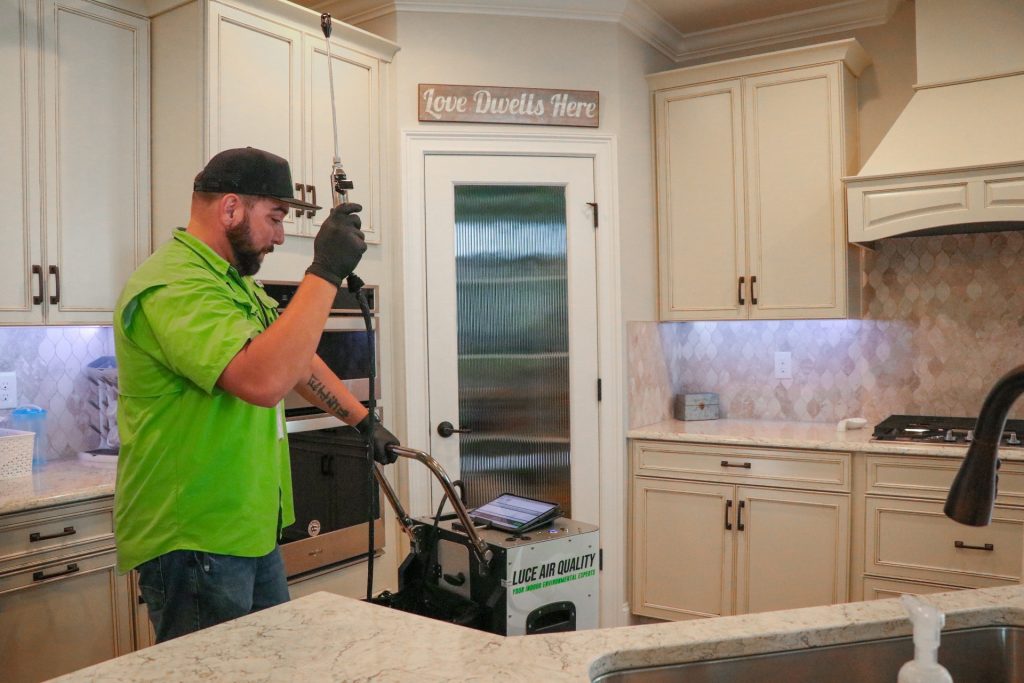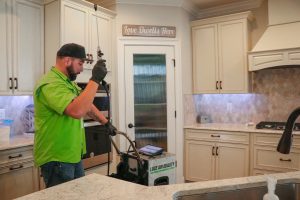

Perhaps your war against mold wages on, or maybe you’re on the brink of success in that battle, but you’re simply not sure whether calling in the cavalry actually helped your cause.
Metaphors aside, after the remediators have packed up their gear and left your property, one question may linger: Did it work?
Here’s what you need to know:
WHAT IS MOLD REMEDIATION AND HOW DOES IT WORK?
Mold remediation is the process by which a professional mold remediator cleans and removes mold in an affected property. This process should be thorough and encompass not only mold but surrounding dirt and dust particles, as these contaminants may still contain remnants of mold spores.
And the reason mold must not only be cleaned but removed in its entirety? Because even dead mold may pose a hazard to your health.
“Dead mold is allergenic and may cause allergic reactions and other health effects in some individuals, so it is not enough to simply kill the mold,” the Environmental Protection Agency (EPA) explains.
Otherwise, a mold remediation session will also involve the implementation of procedures that mitigate and prevent future mold growth, as well as the removal of furniture or other materials that have been contaminated by prior mold proliferation.
HOW DO I KNOW IF MY REMEDIATION WAS SUCCESSFUL?
Some signs of a failed remediation may include elevated spore levels post-remediation, visible mold, excessive dirt and dust within the property, and more.
Otherwise, the best way to determine whether or not a mold remediator’s efforts were both successful and effective is to schedule a post-remediation verification. Specifically, this is a mold inspection that takes place after the remediation process in order to determine the overall efficacy of the procedure.
Recommended by both the Institute of Inspection, Cleaning and Restoration Certification (IICRC) and the Healthy House Institute (HHI), this post-remediation verification may be considered a method of quality control that involves air sampling and surface testing.
WHO CAN I CALL FOR HELP?
At the end of the day, you don’t want to trust just anyone with the long-term health and safety of your home. That is, you want to ensure your well-being is overseen by certified and licensed professionals who are specifically trained to complete your remediation properly.
Thus, the Centers for Disease Control (CDC) recommends that one should hire a mold remediator and/or inspector associated with at least one of the following:
- The National Environmental Health Association (NEHA)
- The American Industrial Hygiene Association (AIHA)
- The Institute of Inspection, Cleaning and Restoration Certification (IICRC),
- The American Council for Accredited Certification (ACAC)
But before your remediation, you’ll also want to invest in a professional mold inspection — and that’s why Luce Air Quality, an IICRC and ACAC accredited air quality business, is ready and waiting to help you identify hazardous airborne particles in your residential or commercial property!
Not only can we accurately and expediently diagnose your property with rapid results, but we can also provide you with an action plan that will guide you through the process to come.
If you have further questions or are ready to schedule your investigation, contact Luce Air Quality today by calling (904) 803-1014 or emailing info@luceairquality.com!


